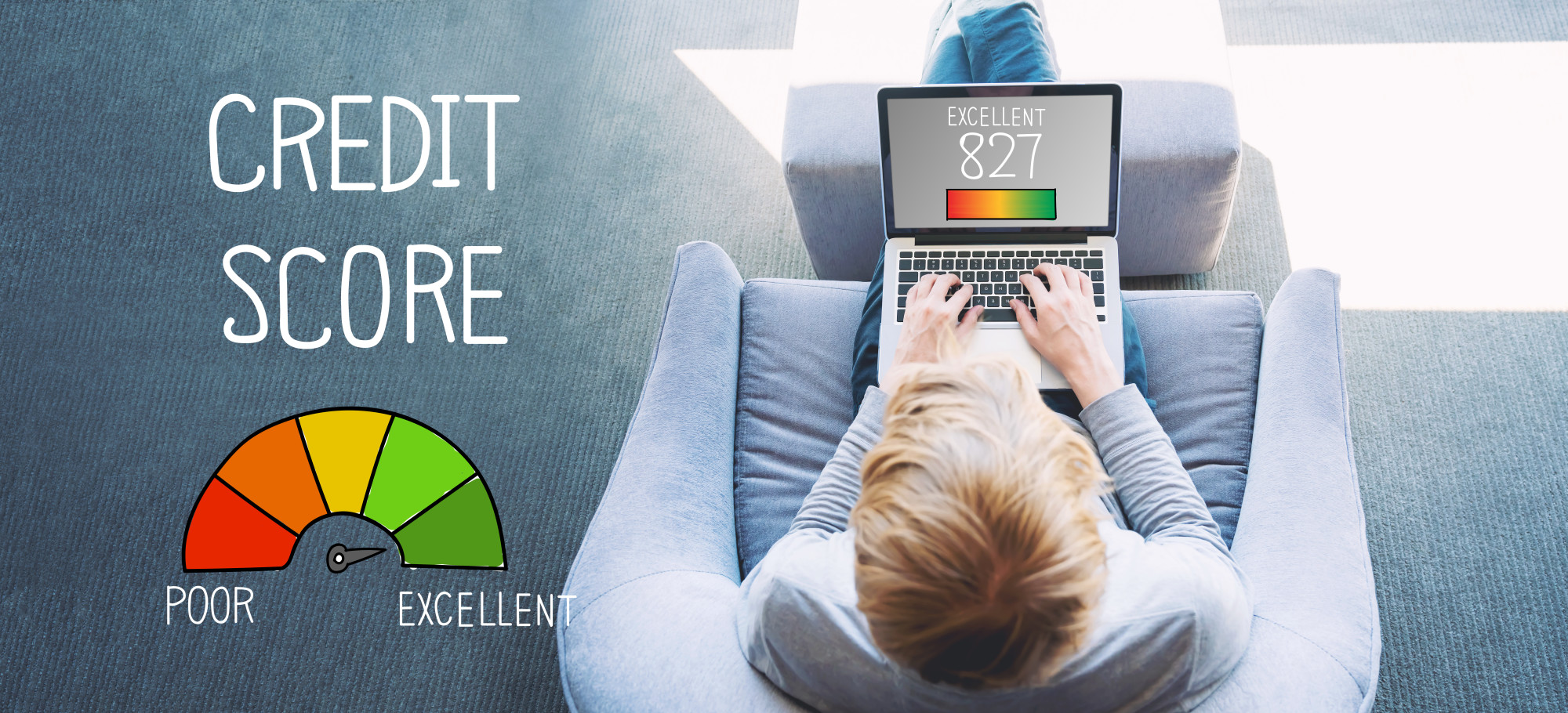The average credit scores in the US have been steadily increasing over the last decade. The number of people in the top range is growing and the number in the lowest score ranges has been going down.
Let’s look at some ways you can rebuild credit and get yourself into that higher range.
What Does Your Credit Score Mean?
Your FICO score, better known as your credit score, is used by creditors to determine how much of a risk you are for lending money. The lower your score, the higher the risk.
FICO scores fall into the following ranges:
- 800 and higher – excellent
- 740-799 – very good
- 670-739 – good
- 580-669 – fair
- Less than 580 – poor
Ironically, people who fall into the lower ranges face higher costs in many parts of their lives. Insurance, interest on loans, credit card rates, and many other things will be higher. At the end of the day, they’re left with less money to pay off the debt, creating a vicious circle.
Rebuilding credit doesn’t only give you more freedom, it can put more money in your pocket.
Check Your Credit Report When You Start to Rebuild Credit
Your first step should be to check your credit report. You can get a free copy of your credit report from each of the three major credit reporting agencies (Equifax, Experian, and Transunion) once every year.
Check the report for errors. If there is anything on the report that you feel is wrong, file a dispute with the reporting agency. They’ll need to be able to provide proof of the entry or they have to remove it from the report. Make sure you file the dispute with each agency if they all list the same item. Successfully disputing it with one won’t remove it from the others.
Get Caught Up on Your Payments
If you’re behind on the payments on your credit card or loan, bring them up to date. The age of the overdue payments has a bearing on your credit score so getting caught up can help even if you aren’t able to pay them off completely.
Pay Your Bills on Time
Once you’re caught up on your payments, make sure you pay your bills on time going forward. Late payments are often reported to the credit bureaus, dragging your score down.
If you miss payments on a regular basis, set up some kind of reminder system to keep yourself on track. Review it weekly, don’t leave everything until the end of the month.
Don’t Close Zero-Balance Credit Cards
Part of the calculation for your credit score is how much of your credit is actually used. If you close a credit card when it’s paid off, you’re increasing that ratio since a higher percentage of the remaining credit will be outstanding.
When you pay off a card, leave the account open with a zero balance. Make sure you don’t cave into temptation and charge that card back up, however.
Pay Off Debt
This point may seem obvious but the best way to build credit fast is to pay off the debt you currently owe. There are a couple of strategies for paying off debt:
- Pay off the highest-interest debt first to save as much interest as possible.
- Pay off the smallest balance debt first to knock off the individual debts faster.
You can also work with a credit repair service that will help you work out the best plan for your situation. Be careful to do your research and choose a reputable company. These credit saint reviews, for example, sound like it would be a good choice.
Get a Secured Credit Card
If your credit score is in the lower range, you may have trouble qualifying for a credit card. A secured credit card is a good choice in that situation. With a secured credit card, you’ll have to place funds on deposit with the credit card company to secure the money you charge on the card. For example, if the card has a $500 spending limit, you would have to send the credit card company $500.
You can charge up to the secured amount and as long as you make the payments every month, the security deposit doesn’t get touched. It’s effectively an insurance policy for the credit card company against the risk of lending money to someone with a low credit score.
If you make the payments on time, it will improve your credit history and help repair your credit.
Get a Small “Credit-Builder” Loan
Once your score gets into the fair range or higher, apply for a small loan with your bank or another lender that might be more inclined to trust you. The interest rate will likely be higher than average but like the last tip, if you make your payments on time and get the loan paid off, it will improve your history and your credit score.
Have Someone Co-Sign for You
If a family member or friend is willing to co-sign for you, that might help you qualify for a credit card or loan. As long as you make the payments on time and keep the loan in good standing, they won’t have to make the payments.
While they’re on the loan paperwork as a backup, your credit score will reflect how the loan gets handled. Making your payments on time and paying it off as fast as you can will help bump your score up to the next grade.
Ask Family or Friends for Help
Borrowing money from family or friends won’t directly help your credit score since they won’t be reporting it to the credit bureaus. But it gives you the fund you need to either get current with overdue payments or even pay off some of your debt completely.
Stop Overspending
If overspending got you into the position you’re in, the only solution is to stop spending more than you make. This can be tough if you’re used to a certain lifestyle but until you reign in the spending, your credit score isn’t likely to improve.
Be Realistic About the Timeframe
You might be wondering how long does it take to build credit. You need to be realistic – it’s not going to happen overnight. It can take months or even years to rebuild credit. Which is understandable since it took months or years to get to where you are now.
Take it one step at a time. You might not be able to take action on all 10 of these ideas at once but do what you can. Small steps will snowball over time and you’ll be at the head of the credit class before you know it.
Check back often for more helpful posts.

